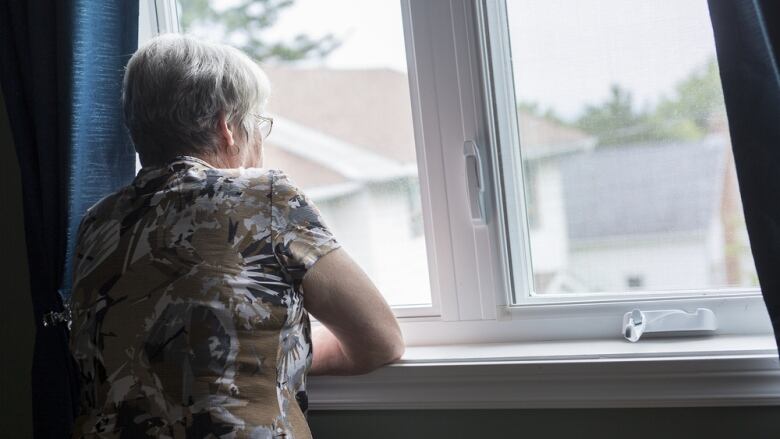More pandemic protection needed for B.C. seniors as second COVID-19 wave hits: report
Report calls for better funding and pandemic pay forcare staff, and programs aimed at addressing burnout

An organization representing seniors-careproviders in British Columbia has released new recommendations as a second wave of COVID-19 descends on the province.
The B.C. Care Providers Association, which speaks for long-termcare, assisted living, independent living and home health operators,has issued a report examining the response to seniors care duringthe pandemic.
Association CEO Terry Lake says strong measures have already beenimplemented by the health ministry, but his organization sees moreways to improve the lives of seniors and caregivers.
Key recommendations include the use of rapid testing protocolsand clear guidelines on how essential family caregivers can staysafely connected to their loved ones.
The report also calls for better funding and pandemic pay forstaff, along with improved mental health and safety programs to easewhat Lake says is widespread employee burnout.
Heath industry consultant Howegroup authored the report, whichalso says the liberties of residents and staff were eroded by aseries of public health orders and restrictions on visits toseniors' facilities.
"There are many lessons from our experiences during the pandemicso far, and one of them is the need to protect residents' quality oflife during this vulnerable time,'' Lake says in a statement.
The report was compiled following a sector-wide consultation ofcare facilities, staff and residents, using a mix of interviews,roundtables, a member survey and online submissions.
- Stay informed by joining ourCBC Vancouver Facebook groupon coronavirus.












_(720p).jpg)


 OFFICIAL HD MUSIC VIDEO.jpg)
.jpg)



























































































